LTS-Prime Minister Pham Minh Chinh has just successfully concluded his working trip to attend the ASEAN-Japan Summit to celebrate the 50th anniversary of ASEAN-Japan relations and conduct bilateral activities in Japan. On this occasion, Deputy Minister of Foreign Affairs DO HUNG VIET answered the press about the results of the working trip. We would like to respectfully introduce the content of the interview.

Reporter (PV): Could you please tell us about the significance and results of the Summit to celebrate 50 years of ASEAN-Japan relations?
Deputy Minister Do Hung Viet: With the slogan “Golden friendship, golden opportunities”, the recent ASEAN-Japan Summit has a special significance in the context of the two sides celebrating the 50th anniversary of the establishment of relations. This is a “golden moment” for ASEAN and Japan leaders to review the cooperation process over the past 5 decades, thereby setting out a vision and development orientation, creating new momentum for the relationship, in line with the level of the Comprehensive Strategic Partnership that has just been upgraded since September this year.
Given the complex developments in the international and regional situation, this conference is also an opportunity for the people of ASEAN and Japan, as well as the region and the world, to better understand the value and important contributions of the ASEAN-Japan relationship to peace, cooperation and development in the region.
It can be said that this summit was a great success with remarkable results:
Firstly, ASEAN and Japan have jointly promoted the role and value of the bilateral relationship; agreed to strengthen coordination in building an open regional structure based on rules to contribute to maintaining and promoting peace, stability and common prosperity in the region.
Second, ASEAN and Japan reached a high consensus on measures for future economic and social “co-creation” cooperation, promoting trade and investment while strengthening supply chains, facilitating exports to each other’s markets, further promoting emerging areas of cooperation with great potential such as green economy, digital economy, circular economy, etc. Japan also pledged to support businesses in the region to participate more deeply in the supply chain of Japanese enterprises in particular and the global supply chain in general.
The two sides also agreed to give higher priority to socio-cultural cooperation and people-to-people exchange; enhance educational exchanges, cooperation in human resource development, tourism, environment, disaster management, climate change response, energy transition, management and sustainable use of natural resources, etc. ASEAN highly appreciated Japan's announcement of 40 billion yen in support for people-to-people exchange programs in the next 10 years, 15 billion yen for the joint international research and research exchange program, and commitment to mobilize 35 billion USD in the next 5 years from public-private funds to promote connectivity cooperation, support small and medium enterprises, digital transformation, energy transition, climate change response, etc.
Third, the leaders of the two sides agreed to further deepen political-security cooperation, promote ASEAN's central role, and strengthen coordination on international issues to jointly respond to regional and global challenges. In particular, the two sides reaffirmed the importance of respecting international law, emphasizing the settlement of disputes by peaceful means, ensuring peace, stability, security, safety, and freedom of navigation and aviation in the East Sea. Japan affirmed its support for ASEAN's efforts to fully and effectively implement the Declaration on the Conduct of Parties in the East Sea (DOC) and soon complete an effective and efficient Code of Conduct in the East Sea (COC) in accordance with international law, especially the 1982 UNCLOS.
At the end of the conference, ASEAN and Japan leaders agreed to adopt the Vision Statement on ASEAN-Japan Friendship and Cooperation: Trusted Partners and the Plan for Implementation of the Vision Statement as the basis for implementing the ASEAN-Japan Comprehensive Strategic Partnership in the coming time.
PV: Could you please tell us about the participation and contribution of the Vietnamese delegation at the conference?
Deputy Minister Do Hung Viet: Right from the beginning, Vietnam has always supported Japan's proposal to hold a Summit to celebrate 50 years of ASEAN-Japan relations. Vietnam has actively and proactively participated, making important contributions to the overall success of the conference, both in the preparation process, building the agenda, as well as in the speeches at the conference. In particular, the profound and comprehensive speeches that both synthesize and summarize 50 years of relations and are strategic in proposing future orientations for the relationship were highly appreciated by the countries.
Prime Minister Pham Minh Chinh highlighted the historical significance of the conference, appreciating the spirit of solidarity and cooperation between ASEAN and Japan that has helped overcome difficult and challenging times over the past half century. The Prime Minister proposed three major directions for ASEAN-Japan relations to become a model, a positive factor, playing an important role in ensuring a peaceful, stable and mutually developing environment in the region.
The Prime Minister suggested that the two sides strengthen strategic cooperation, jointly build an open, inclusive, rules-based regional structure with ASEAN playing a central role; encourage Japan to continue actively supporting Mekong sub-region countries to effectively respond to non-traditional security challenges, promptly restart the Mekong cooperation mechanism, and prioritize promoting programs and projects supporting sustainable development in the spirit of "leaving no one behind".
The Prime Minister emphasized the need to invest in human resources, welcomed cultural exchange activities and people-to-people exchanges within the framework of the ASEAN-Japan “heart-to-heart partnership” and suggested that they should be concretized into practical cooperation projects, programs and plans.
The Prime Minister also emphasized four connections, including suggesting that the two sides strengthen economic-trade and investment connections, considering them the focus and driving force for the development of ASEAN-Japan relations; promote infrastructure connections, especially strategic infrastructure; expand connections in new areas, especially innovation, digital transformation, green economy, circular economy, knowledge economy and smart agriculture, etc., turning these areas into new vitality for ASEAN-Japan cooperation; prioritize connections to achieve sustainable development goals, without sacrificing progress, social justice and the environment to pursue mere growth.
On this occasion, Prime Minister Pham Minh Chinh also attended the first Summit between ASEAN and Japan leaders on the Asian Zero Emission Community (AZEC); sending a strong message about Vietnam's determination and drastic actions in implementing its commitments, including proactively enhancing cooperation to achieve all three goals of reducing carbon emissions, ensuring energy security and economic growth in Asia.
PV: Could you please evaluate the results and highlights of the Prime Minister's bilateral activities in Japan?
Deputy Minister Do Hung Viet: The Prime Minister's working trip to Japan is an important activity to conclude a very exciting year celebrating the 50th anniversary of Vietnam-Japan relations and was conducted just two weeks after the two countries upgraded their relationship to a Comprehensive Strategic Partnership for Peace and Prosperity in Asia and the world.
Perhaps the greatest thing that can be felt through the visit is the sincere, affectionate, trusting, substantive and effective atmosphere in the relationship between the two countries. At the same time, the Prime Minister's visit achieved many substantive and important results.
First of all, the trip further deepens political trust, consolidates good personal relations with Japanese political leaders, and is the first step towards concretizing the new cooperation framework.
Second, the working trip achieved many outstanding and substantive results in bilateral economic cooperation, promoting in-depth economic cooperation. The two sides agreed to expand cooperation to ensure economic security, focusing on promoting the increased participation of Vietnamese enterprises in the global supply chain of Japanese enterprises, especially in the fields of automobile manufacturing, electronics, medical equipment, textiles, etc. The Japanese Prime Minister and leaders of all Japanese sectors continued to affirm their support for Vietnam in successfully implementing industrialization and modernization, building an independent and self-reliant economy.
At the Vietnam-Japan Economic Forum with the participation of more than 500 typical Japanese enterprises, Prime Minister Pham Minh Chinh conveyed the message asking Japanese enterprises to increase investment in Vietnam, and witnessed ministries, sectors and enterprises of the two countries exchanging more than 30 cooperation documents, worth nearly three billion USD, focusing on important areas such as finance, education, healthcare, industrial park investment, etc.
Efforts to further enhance ODA cooperation between the two countries also achieved concrete and substantive results when the two Prime Ministers witnessed the exchange of documents signing three ODA cooperation projects with a total value of more than 200 million USD, contributing to bringing the total value of ODA cooperation between the two countries in 2023 to more than 100 billion yen (equivalent to nearly 800 million USD), the highest since 2017; at the same time, affirming the early implementation of new ODA projects of Japan with high incentives, simple and flexible procedures in areas of Vietnam's need, especially in strategic infrastructure construction.
At the talks with leaders of leading Japanese corporations, Japanese economic circles highly appreciated the development and stability of the Vietnamese economy as well as the prospects for business and investment in Vietnam, and were ready to invest and expand business in priority areas of Vietnam, and proposed a number of specific measures to continue improving the investment environment and enhancing the competitiveness of the Vietnamese market.
Thirdly, the trip has contributed to promoting human resource connections, strengthening local cooperation and people-to-people exchanges between the two countries. On this occasion, the Vietnamese Government for the first time chaired and organized a conference on promoting overseas labor with the participation of more than 200 businesses from both sides and nearly 200 Vietnamese workers. Through this, on the one hand, we further promote cooperation between the two sides in this important and potential field, on the other hand, it demonstrates the deep concern of the Party and State leaders for Vietnamese workers in Japan in particular and around the world in general.
Regarding local cooperation and people-to-people exchange, the Prime Minister visited Gunma Prefecture immediately after arriving in Japan. He also received the Governors of five Japanese prefectures, thereby promoting and encouraging localities of the two countries to strengthen cooperation not only in investment, trade, labor, and cultural exchange but also to promote the establishment of Japanese production facilities or new Japanese research centers in Vietnamese localities.
Fourthly, the working trip opened up opportunities for cooperation between the two countries in new areas such as energy transition, digital transformation, innovation, etc. Japanese enterprises are highly interested in Vietnam's policies and needs and are strongly committed to promoting investment and cooperation with Vietnam in new areas. More than half of the documents signed between ministries, sectors, localities and enterprises of the two countries at the Vietnam-Japan Economic Forum were in new areas of cooperation, including smart city construction, green transformation, digital transformation, logistics, artificial intelligence application, robots, etc. This could be the beginning of a wave of investment by Japanese enterprises in new areas in Vietnam in the near future.
The practical results of Prime Minister Pham Minh Chinh's working trip and bilateral activities in Japan this time are important high-level activities to close 2023, the year celebrating the 50th anniversary of the establishment of Vietnam-Japan diplomatic relations with great success, with about 500 events held in both countries.
PV: Thank you very much, Deputy Minister .
Source








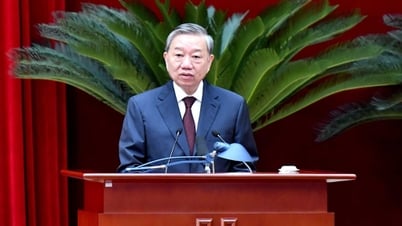


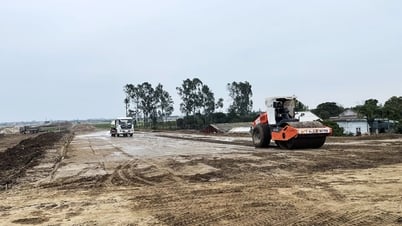


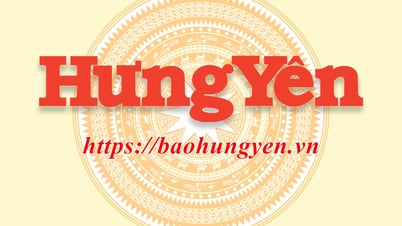

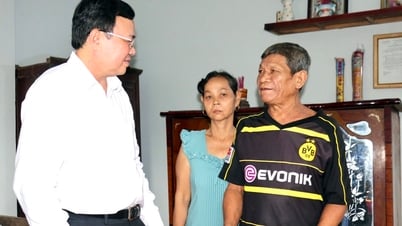
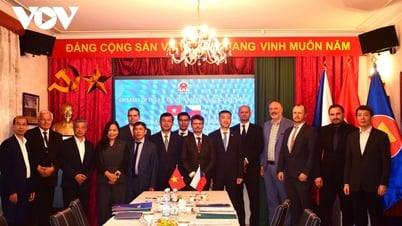
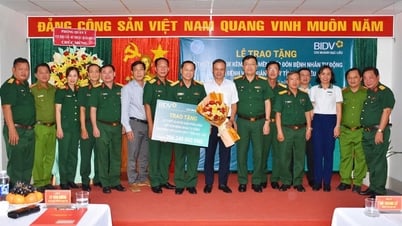
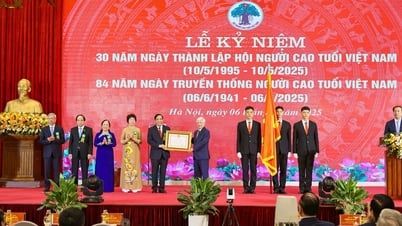

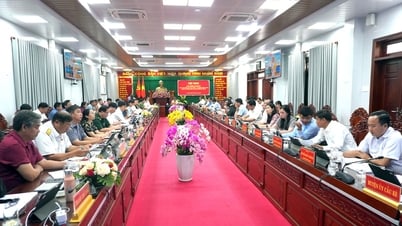




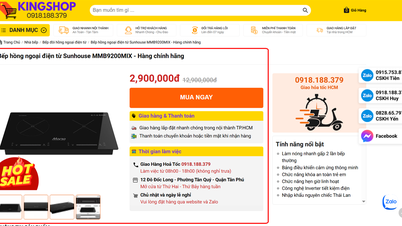







![[Photo] Nearly 104,000 candidates in Hanoi complete procedures to take the 10th grade entrance exam](https://vphoto.vietnam.vn/thumb/1200x675/vietnam/resource/IMAGE/2025/6/7/7dbf58fd77224eb583ea5c819ebf5a4e)



























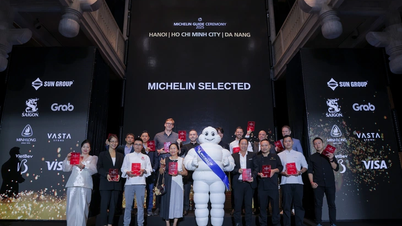
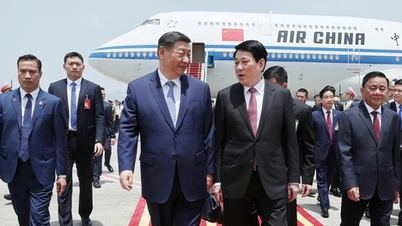




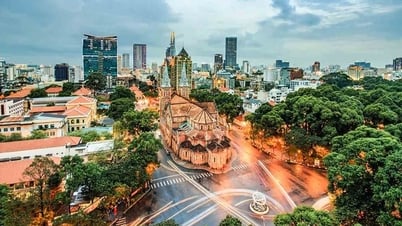
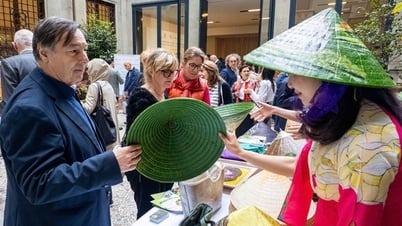



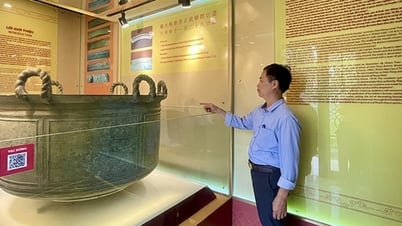


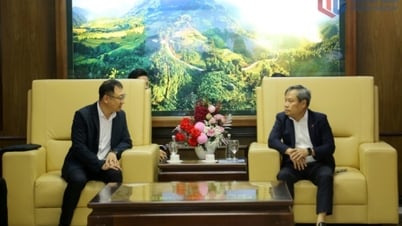

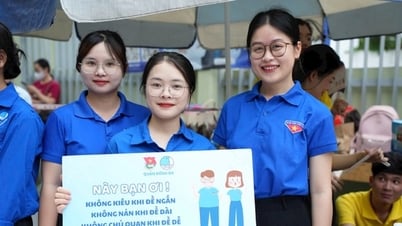


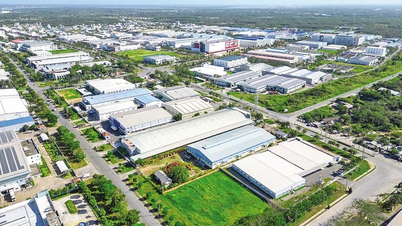

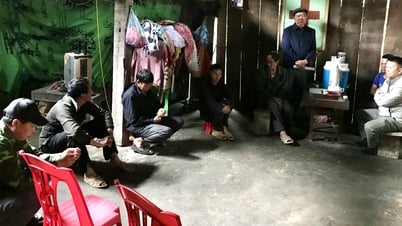








![[OCOP REVIEW] Tu Duyen Syrup - The essence of herbs from the mountains and forests of Nhu Thanh](https://vphoto.vietnam.vn/thumb/402x226/vietnam/resource/IMAGE/2025/6/5/58ca32fce4ec44039e444fbfae7e75ec)



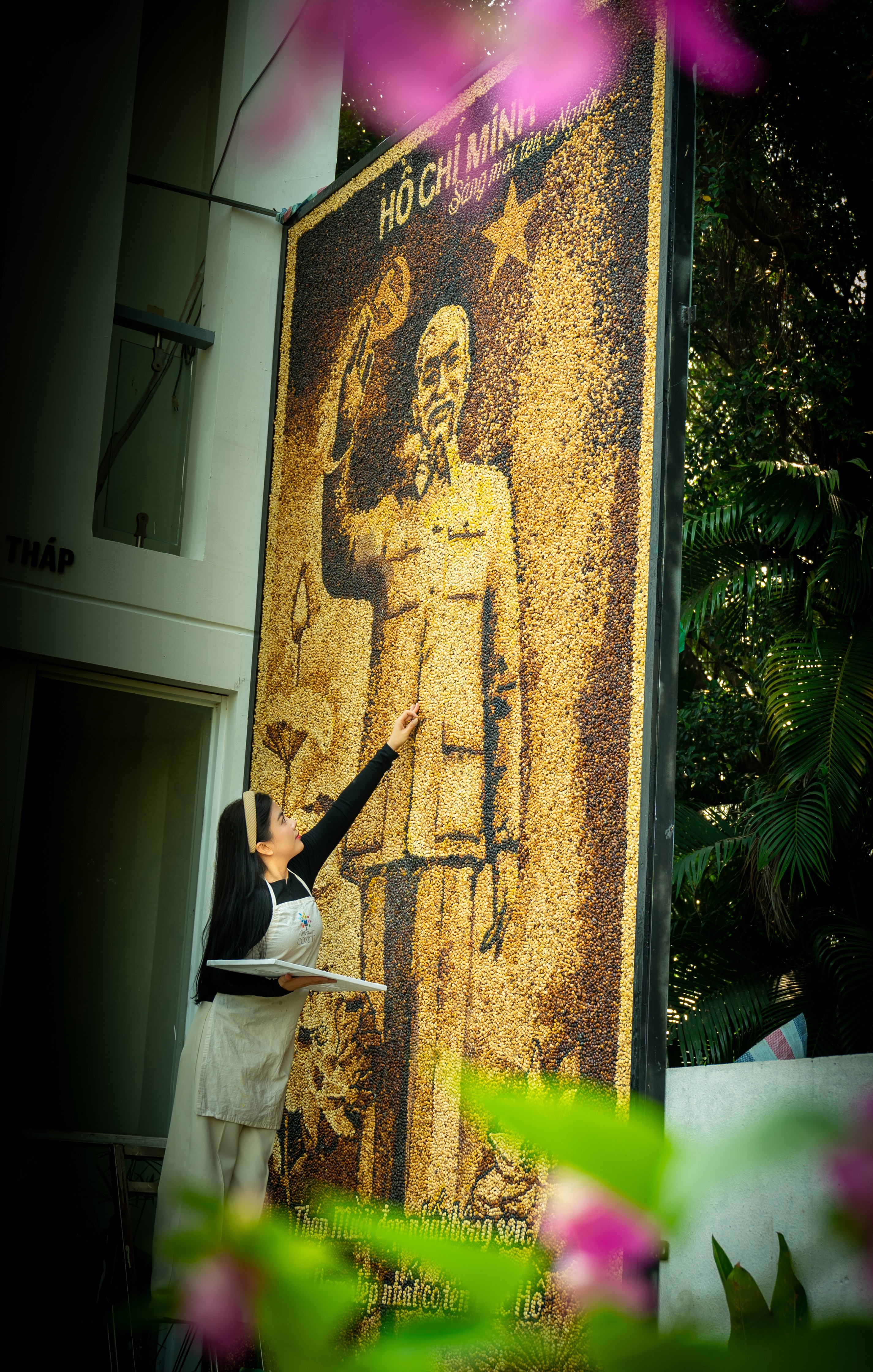
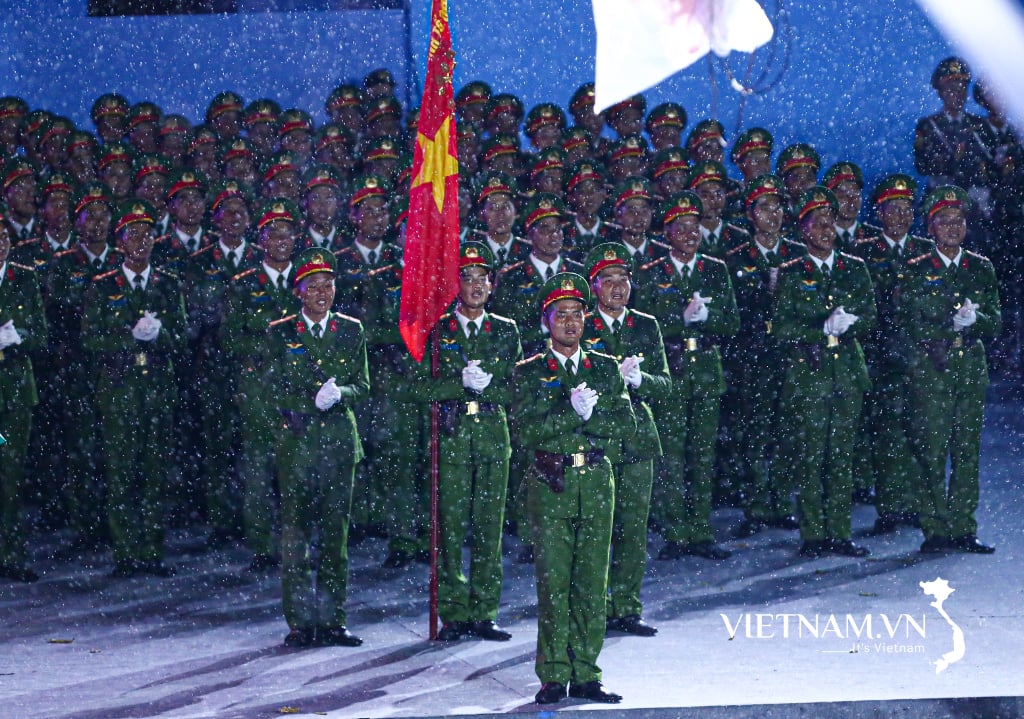
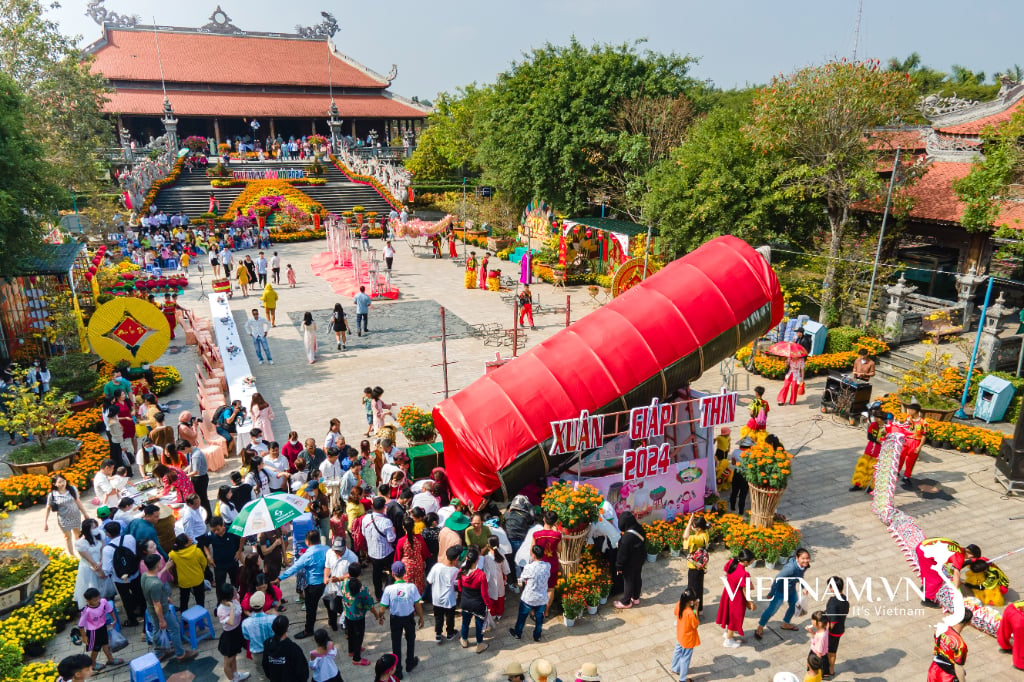

Comment (0)